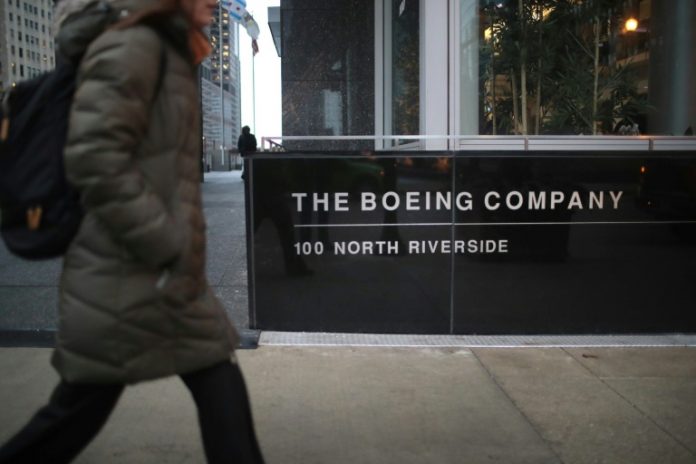One year after the crash of an Ethiopian Airlines 737 MAX that killed 157 people and triggered the worst crisis in Boeing’s history, the aviation giant is at a crossroads.
The MAX remains grounded worldwide and, after a leadership shakeup, former employees and analysts say the Chicago-based company must reform to stop such disasters from happening again, but has yet to articulate how to do so.
“They have to decide what kind of company they want to be,” Stan Sorscher, a retired engineer and union leader, told media.
The choice, Sorscher said, is between being a company where cutting costs is key, an approach favored by Wall Street but criticized after the MAX debacle, or one in which Seattle-engineers and their strict procedures take precedence over profits.
In December, Boeing fired CEO Dennis Muilenburg and General Counsel Michael Luttig, whose responses to the MAX grounding beginning on March 13, 2019 were seen as inept.
The manufacturer has also separated the roles of CEO and chairman of the board of directors.
David Calhoun, the new boss, has set out to appease the demands of both the company’s investors and its engineers.
He went to Seattle in January a week after taking office to see the engineering teams and other employees, telling the engineers to go back to the drawing board for Boeing’s next aircraft the NMA, New Midsize Airplane.
To appease the markets, he compensated shareholders with a $1.2 billion fourth-quarter dividend despite the company’s making a loss in 2019.
Calhoun has been on Boeing’s board of directors since 2009, and those who know the company wonder whether he is the man to change it.
“Everyone at the board of directors comes from that financial tradition of cost cutting. I don’t expect David Calhoun to change,” Sorscher said.
Addressing the board’s culture is key, Scott Hamilton of Leeham said, because “the culture of prioritizing shareholder value and cost-cutting starts at the board of directors.”
And the body’s members aren’t necessarily there because of their technical expertise, said Richard Aboulafia, an expert at Teal Group.
“There are a lot of people who don’t know the industry but who just are there because they have political power,” such as former US ambassador to the United Nations, Nikki Haley.
Of the 13 current board members, only one is an engineer by training.
“It’s not easy to change the fundamentals and values of an organization,” said Michel Merluzeau of Air Insight Research.
Cost reduction became an important issue within Boeing after its 1996 takeover of rival McDonnell Douglas, experts told media.
“The 787 program was dreadful. It was our first model in the new culture,” an engineer said on condition of anonymity. “Our supervisors kept asking, ‘Why are we doing this? Is there something we can’t do to save costs?'”
Jim McNerney, a former General Electric executive who was appointed CEO in 2005, fortified this culture during his 10-year reign.
Boeing saw its share price rise from $64.68 in 2005 to $138.72 in 2015. The firm paid out $78 billion to shareholders over the last 15 years, compared to the 11 billion euros ($12.3 billion) paid out by Airbus, Bank of America calculated last year.
After the crashes in Ethiopia and another in October 2018 in Indonesia that killed 189 people, Boeing said in a statement it carried out an “independent review” of its procedures and created a body to look into “cases of undue pressure and safety concerns raised by employees.”
The company “initiated reorganization of the engineering function to sharpen its focus on customer and operational priorities, resulting in an even greater emphasis on safety,” it said in a statement.
Boeing faces further scrutiny: the Department of Justice wants to know if it encouraged employees to hide problems encountered during the development of the MAX.
Internal communications released in January implied such conduct.
“I still haven’t been forgiven by God for the covering up I did last year,” an employee wrote.
















